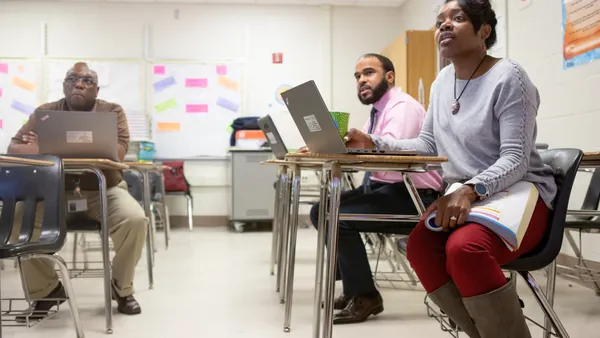Imagine high school biology students logging onto a video game in which they play the role of a white blood cell traversing the human body, fighting bacteria and disease. Imagine middle school students performing old-fashioned frog dissections on a computer application. Imagine teachers and students engaging in a lively debate over the Revolutionary War on their class Facebook wall.
That was the future on display Tuesday at the Brookings Institute’s discussion on social networking and education.
These possibilities are tantalizing to education’s thinkers and dreamers, but their practicality and impact on traditional structures (namely, brick-and-mortar schools and red-blooded teachers) must be reconciled before they gain widespread acceptance. What will adopting these technologies cost? What about the need to encourage personal engagement?











